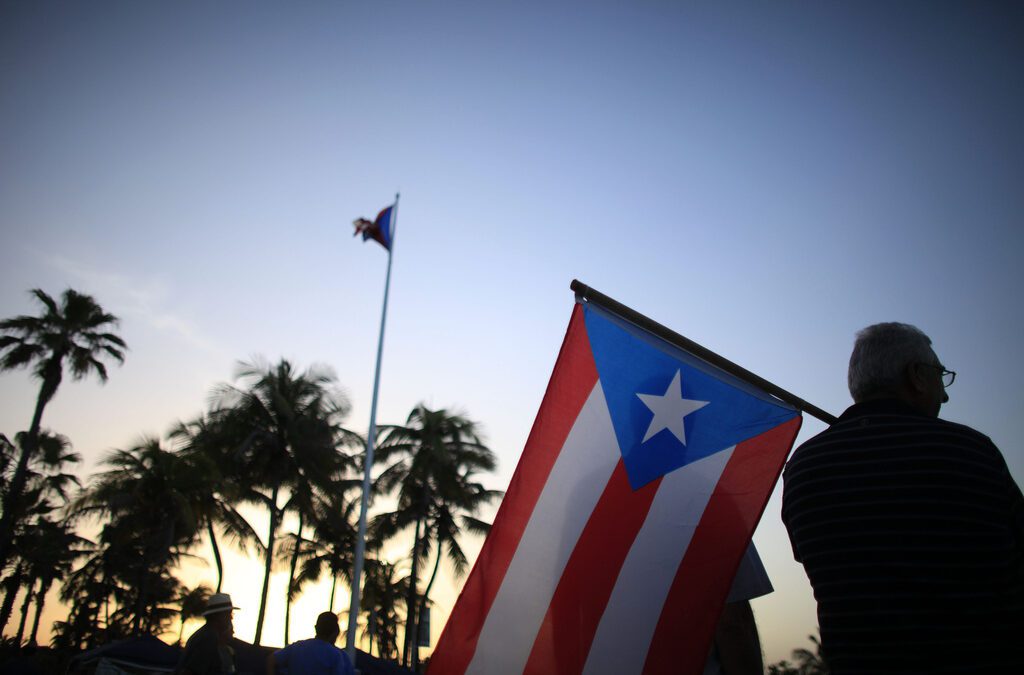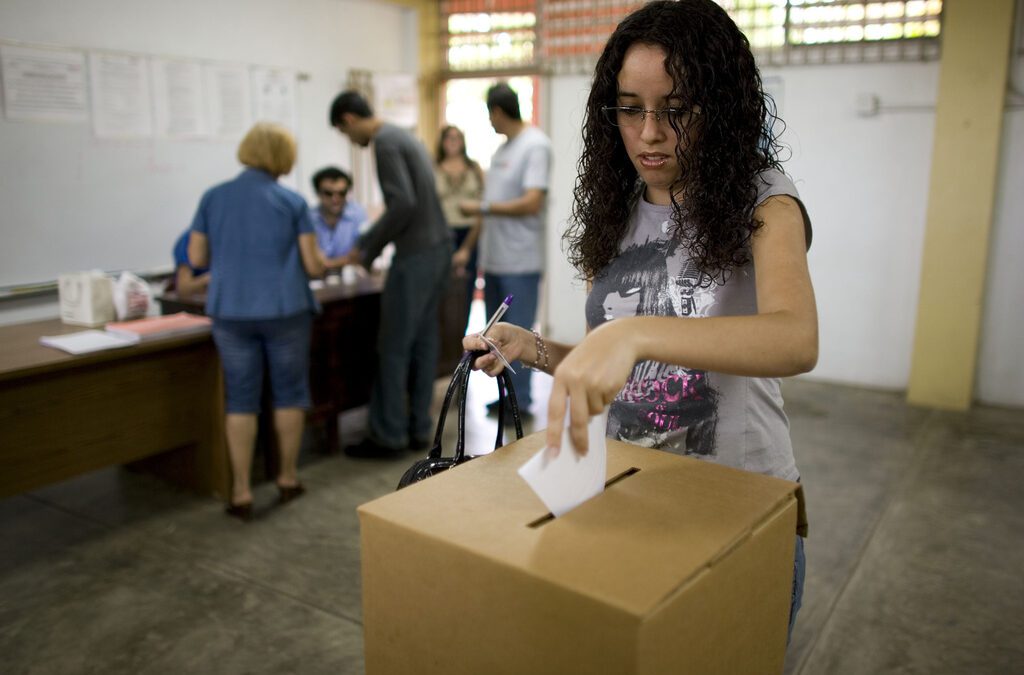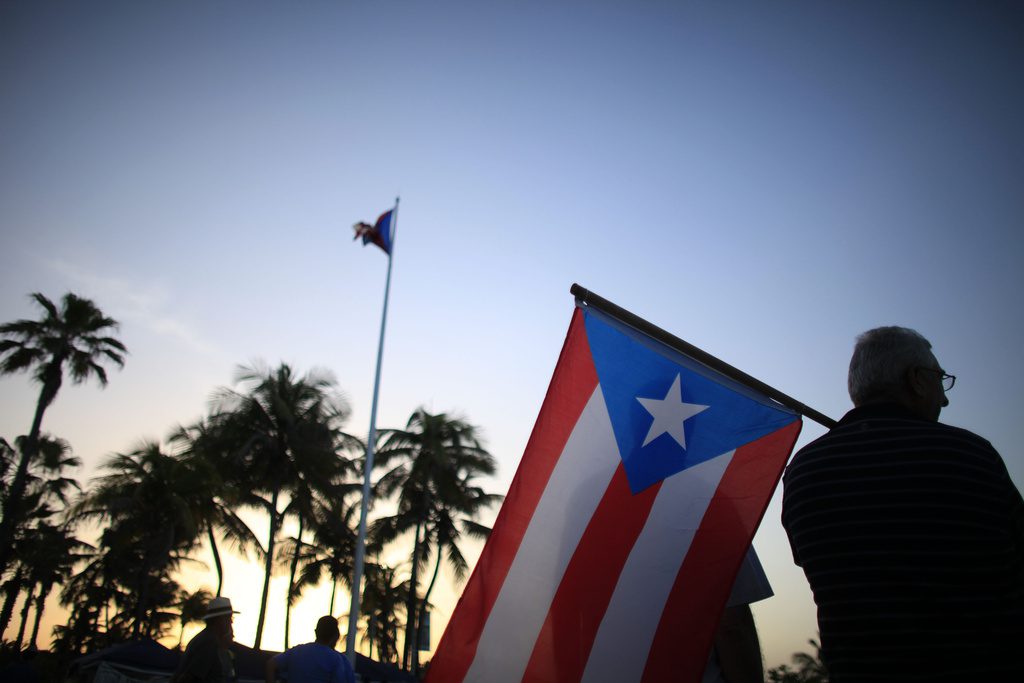
Image via Shutterstock
Undercounted states can lose out not only on political representation and Electoral College votes, but, very importantly, on federal funding that uses census data as a base.
In early estimates of the 2020 census, Florida, Texas and Arizona jwere projected to gain as many as six additional House seats combined. But when the official numbers were announced, Latino politicians and activists were shocked to find out that each of those states ended with one seat fewer than the Census Bureau had predicted.
This sounded the alarm that Latino communities in those Republican-led states were undercounted. And in fact, according to the Census Bureau, Arizona, Florida, and Texas all had self-response rates well below the 67% national average.
And as you will see, this is no small matter.
Being Counted Matters
Undercounted states can lose out not only on political representation and Electoral College votes, but on federal funding that uses census data as a base. And this can impact individuals and families personally.
Eliseo Santana Jr., president of LULAC Council 7069 in Pinellas County, and president and founder of Puerto Rico Connect, a nonprofit organization that helps Boricuas who moved to Florida after Hurricane María connect with local resources, spoke with Floricua about the importance of being counted.
“The census is crucial, because we will be represented, laws will be created, and money will be spent, according to population,” Santana said.
RELATED: UPDATED: Census 2020: Why It Will Affect Latino Communities
What does this mean, exactly? In a nutshell: the data obtained by the Census can affect the allocation of funds and the distribution of resources for basic community needs. This includes, for example, the National School Lunch Program that funds free or reduced-price lunches for low-income students; federal grants for vocational training in high schools, community colleges, and technical centers; child care, housing assistance, job preparation, and medical assistance under Title XIX, the largest federal program that uses census data to allocate funding. And that’s not all.
“Additionally, being counted determines how many highways will be constructed, how many homes will be allowed to be built, hospital capacity, and how many police officers a community will have. All these services depend on the number of people that will be receiving them. So when we don’t have an adequate count, resources will be inadequate,” said Santana.
And as the census takes place every 10 years, the effects of the apportionments will be felt throughout the next decade.
Why Were Latinos Undercounted?
Questions were raised about whether Republican leaders in Florida, Texas, and Arizona—states that have some of the largest Hispanic populations in the country—had not done enough to encourage participation in the census. In Florida, for example, the self-response rate was 64%, three points below the national average.
“The money to be able to promote the importance of the census, particularly in Spanish, Creole, and other languages, was not spent in Florida, and the time to conduct the census was reduced,” added Santana. “It’s as if they intentionally wanted to keep our numbers low.”
Floricuas Were Impacted
According to Santana, there are about 70,000 to 100,000 Boricuas in Pinellas County.
“Yet we don’t have a Puerto Rican cultural center, and we don’t have services specifically for the Puerto Rican community. When Puerto Ricans arrive here, they need to get settled, to connect, to be able to receive, for example, unemployment benefits, training, etc., especially those that came after Hurricane María. This affects our quality of life every day. And it happens because not enough Boricuas are counted,” he said.
RELATED: Why the Census Really Matters
The state’s disinterest in promoting participation in the census, and the resulting lack of information, may have led some Latinos, including Boricuas, to opt out of participating, Santana believes.
“Some Latinos come from places where there’s not a lot of trust in government, so they think nothing good can come from participating,” he added. “There is also an attitude that some Latinos, particularly Puerto Ricans, have, which is ‘I’m only here for now.’ Some have been living in the US for 40 years, and they still think that way. As long as they have that attitude, they won’t register to vote, they won’t participate in the census, because they think, ‘This is not home.'”
Federal money was allocated to inform, dispel false beliefs, and inform citizens of the importance of participating in the census, “but Gov. DeSantis didn’t use that resource to do what he should have done,” Santana said.
The result is that Latinos who live, work, and pay taxes in the US end up with less political power to obtain the rights and benefits that belong to them. All because they were not counted. As Santana said, “No es que somos menos, es que contamos menos.”
Politics

Puerto Rico’s population decline costs $1.158 billion in revenue loss
A report highlights the tremendous impact of population loss on the island's economy and society. A new analysis by the Puerto Rico Legislative...



Inside Puerto Rico’s unique role in the US presidential race
Although residents of Puerto Rico can't vote for president in November, they could potentially still influence Electoral College calculations....
Local News



Puerto Rico’s population decline costs $1.158 billion in revenue loss
A report highlights the tremendous impact of population loss on the island's economy and society. A new analysis by the Puerto Rico Legislative...



Inside Puerto Rico’s unique role in the US presidential race
Although residents of Puerto Rico can't vote for president in November, they could potentially still influence Electoral College calculations....





